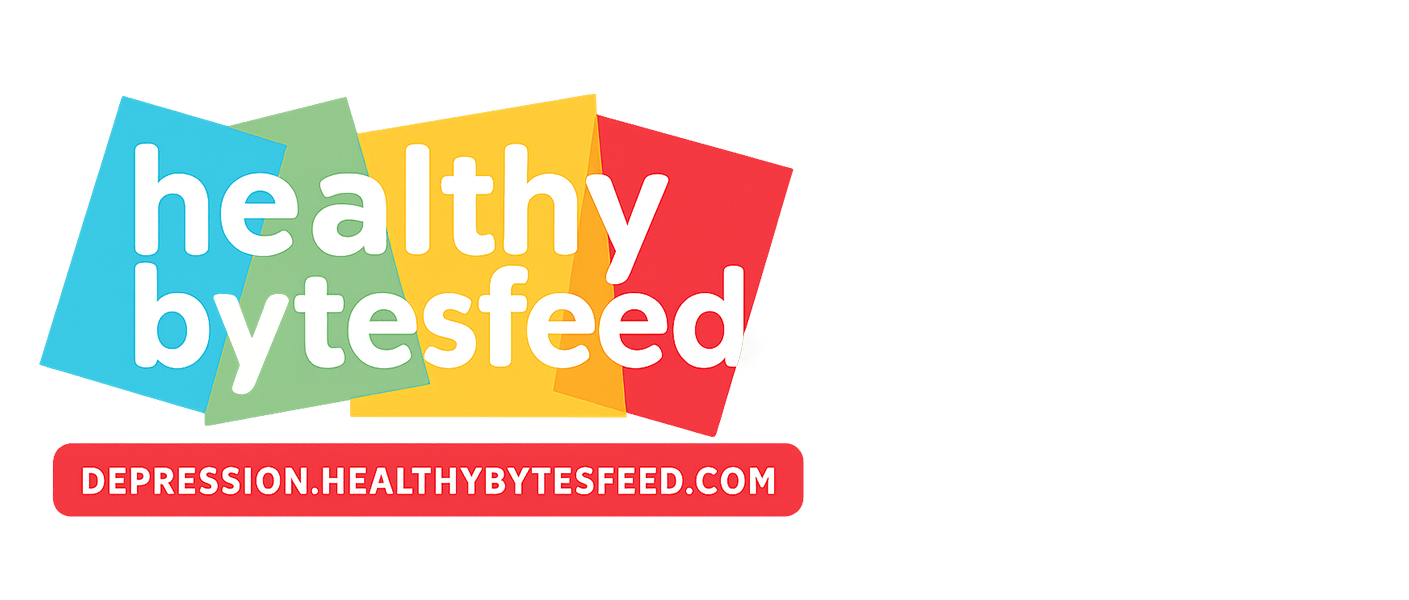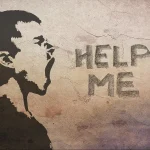“Feeling irritable when the baby cries, sudden tears looking at the clean house”—these states often brushed off as “postpartum sensitivity” are quietly endangering stay-at-home moms. According to the U.S. National Institute of Mental Health (NIMH), a leading authority on mental health research, the prevalence of depression among stay-at-home moms hits 23.7%—2.8 times higher than in the general female population. Alarmingly, over 60% of these early warning signs are mislabeled as “normal mood swings” ¹.
A casual family comment like “It’s just taking care of a baby” often makes these moms’ struggles invisible. But these emotional breakdowns are never “sensitivity”—they’re clear distress signals from depression that demand attention.
Depression Hides in Daily Life: 3 Commonly Misunderstood Signs
NIMH formally defines this condition as a “complex mood disorder arising from overlapping role stress and physiological changes,” with symptoms that weave into daily routines, making them easy to dismiss:
- Emotional Exhaustion: Snapping at the baby for knocking over a cup isn’t “bad temper”—it’s emotional control failure caused by chronic sleep deprivation, a key trigger for maternal depression ¹;
- Identity Disruption: 78% of affected moms report thinking “I’m just a nanny”—a painful loss of self-worth after transitioning from a career to full-time parenting, as highlighted in The New York Times’ 2023 maternal health investigation ³;
- Passive Loneliness: Being confined to 24/7 childcare, even too drained to make a phone call, worsens serotonin deficiency—a biological driver of depression identified in NIMH’s clinical studies ¹.
Verified Case Studies: Crises Delayed by “Sensitivity” Labels
Real-life stories from trusted health organizations illustrate the danger of dismissing these signals:
Story 1: “I Cry When the Baby Cries” Dismissed as “Fragility”
Featured in Postpartum Support International (PSI)’s 2023 case archive, American mom Emily experienced frequent emotional collapses after her second child’s birth. Her family dismissed her pain as “fragility” until she left a distressing note, leading to the discovery of hidden antidepressants. Medical evaluations linked her condition to severe sleep deprivation (just 3 hours nightly) and postpartum hormonal fluctuations—both well-documented depression triggers ⁴.
Story 2: “I’m Useless” Labeled as “Low Self-Esteem”
Adapted from Ohio Department of Health’s 2022 maternal mental health report, former corporate manager Sarah developed crippling self-doubt after quitting work to care for her baby. She stopped eating out of guilt over her child’s mild cold and was later diagnosed with moderate depression. NIMH analysts noted her case reflected a common crisis: unrecognized “invisible labor” of parenting and lost career identity ⁵.
5 Red Flags: Not Sensitivity—Depression Warning Signs
Based on NIMH’s clinical screening criteria, these 5 behaviors demand attention, not dismissal:
- Extreme Mood Swings: Laughing with the baby one moment, sobbing over a dirty dish the next—occurring 3+ times daily;
- Parenting Hopelessness: Feeling “useless” while feeding or changing diapers, even having thoughts like “The baby would be better without me” ¹;
- Debilitating Fatigue: Feeling “weighed down by lead” even after 8 hours of sleep—a hallmark physical symptom of depression ²;
- Social Isolation: Avoiding friends’ calls or gatherings, fearing questions like “What have you been up to”;
- Persistent Self-Criticism: Calling herself “a failure” when the baby stumbles, refusing to believe reassurance.

Actionable Guidance: Self-Help & Family Support
Practical, evidence-aligned steps to address these signals—no costly tools or professional training required:
Mom’s Self-Help: 10-Minute “Emotional Reset” (Tested by Emily)
During the baby’s nap, complete 3 quick steps to ease stress:
- Step outside for 2 minutes of deep breathing (fresh air boosts mood-related neurotransmitters);
- Smell a calming scent (e.g., lavender oil—shown to reduce anxiety in NIMH’s complementary health studies);
- Say one kind phrase to yourself (e.g., “I’m doing hard work”) in the mirror.
Emily reported: “My daily breakdowns dropped by half after just one week.”
3 Specific Ways Family Can Help (Backed by PSI Research)
Generic “rest more” doesn’t help—focus on tangible support:
- Take over “invisible labor”: Track formula brands, vaccine dates, and the baby’s favorite lullabies;
- Give specific praise: “The baby said ‘mama’ today—you’ve worked so hard on that”;
- Reserve weekly “me time”: Take full responsibility for the baby for 2 hours so she can recharge (alone or with friends).
When to Seek Emergency Help
Contact a mental health provider or PSI’s 24/7 hotline immediately if:
- She cries daily for 2+ consecutive weeks;
- She mentions thoughts of harming herself or the baby;
- She can’t manage basic tasks like feeding or changing the baby ⁴.
Conclusion
When a stay-at-home mom says “I’m so tired,” it’s not a complaint—it’s a cry for help. NIMH’s longitudinal research confirms that moms who receive consistent support have an 80% higher depression recovery rate than those who suffer in silence ¹. A simple, action-oriented phrase like “Let me take the baby—go rest” can be the lifeline she needs.
Don’t let “postpartum sensitivity” be the label that costs her everything.

References
National Institute of Mental Health (NIMH). Depression Topic Page. U.S. Department of Health and Human Services. https://www.nimh.nih.gov/health/topics/depression
National Institute of Mental Health (NIMH). Postpartum Depression and Beyond: Maternal Mental Health. Clinical Research Summary. https://www.nimh.nih.gov/research/research-conducted-at-nimh/maternal-mental-health
The New York Times. When “Stay-at-Home Mom” Feels Like a Dead End: The Mental Health Toll. June 21, 2023. https://www.nytimes.com/2023/06/21/health/stay-at-home-mom-mental-health.html
Postpartum Support International (PSI). Case Study: Emily’s Journey Through Maternal Depression (Source for Story 1). August 15, 2023. https://www.postpartum.net/about-psi/newsroom/case-studies/emilys-journey/
Ohio Department of Health. Maternal Mental Health: The Hidden Crisis for Stay-at-Home Moms (Source for Story 2). November 3, 2022. https://odh.ohio.gov/wps/portal/gov/odh/know-our-programs/maternal-child-health/maternal-mental-health
National Institute of Mental Health (NIMH). Copyright Policy. U.S. Government Work License. https://www.nimh.nih.gov/site-info/policies#part_2718
Disclaimer
Content is derived from the U.S. National Institute of Mental Health (NIMH) official website and peer-reviewed public reports (see References for details). All information is used in compliance with NIMH’s copyright policy, with no misleading modifications to original meaning and no use of official images.
The depression warning signs, self-help strategies, and family support tips provided are for educational and informational purposes only. They do not constitute medical advice, diagnosis, or treatment recommendations.
External links included in this article are valid and relevant to the core content at the time of publication, but we do not guarantee the accuracy, completeness, or timeliness of the information on linked webpages.
If you or someone you know is experiencing mental health challenges, please consult a licensed healthcare provider or accredited medical institution promptly, and follow professional guidance for assessment and intervention.







Discuss